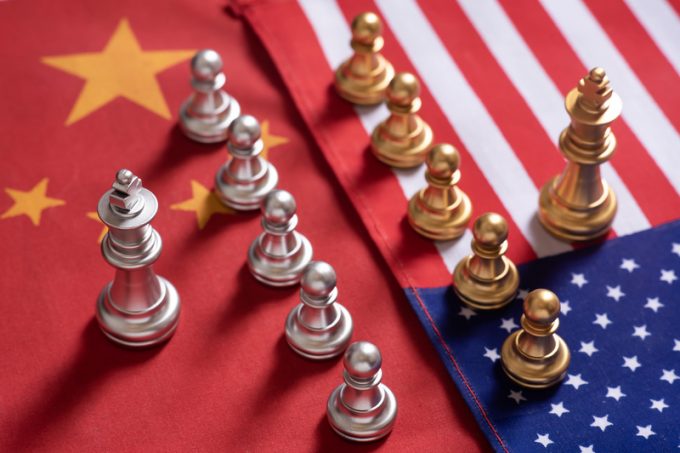'Stop-gap measures' shippers could use to cope with the China tariff crisis
Exporters in China are invoking short-term emergency supply chain plans to try to mitigate tariff ...

Urgent attention from European and North American governments is required to address China’s “egregious” practice of stockpiling electric vehicles (EVs) at western gateways.
In a call to arms, shipping advisor for The Kemmsies Group Dr Walter Kemmsies said that, while the US administration had made strides in addressing what he described as China’s anti-competitive behaviour, it had not been enough.
“As far as US automakers are concerned, the big issue surrounds government stepping in to protect ...
Asia-USEC shippers to lose 42% capacity in a surge of blanked sailings
Why ROI is driving a shift to smart reefer containers
USTR fees will lead to 'complete destabilisation' of container shipping alliances
New USTR port fees threaten shipping and global supply chains, says Cosco
Outlook for container shipping 'more uncertain now than at the onset of Covid'
Transpac container service closures mount
DHL Express suspends non-de minimis B2C parcels to US consumers

Comment on this article